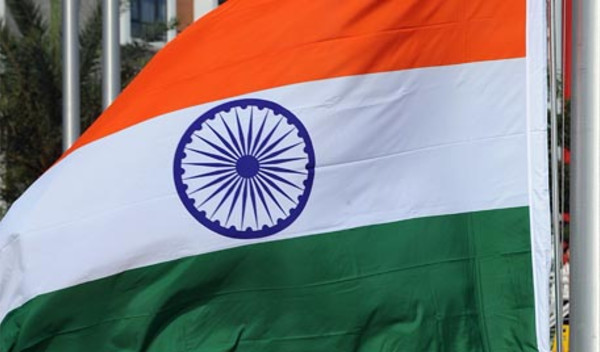

Liontrust’s ex-F&C trio of managers has looked to India’s privately-owned banks to drive returns on their newly launched long/short emerging markets fund.
The fledgling £15m Global Strategic Equity portfolio, which launched in July, currently has a net 17.9 per cent invested in the Indian market, with 8 per cent assigned to the banking sector.
Despite its ‘global’ moniker, the 30-35 stock portfolio is focused on the world’s developing economies and is benchmarked against the MSCI Emerging Markets index.
Patrick Cadell, who runs the fund with Kristof Bulkai and Hugo Rogers, said their search for “structural changes” had led them to India, given its new political backdrop following the BJP’s landslide victory in last year’s election.
Mr Cadell said the nation’s state-owned banks, which account for about 80 per cent of the sector’s assets, are hamstrung by distressed balance sheets and as a result are struggling to grow. By contrast, banks in the private sector have no such constraints and are therefore riding a wave of growth, according to the manager.
“Private banks like ICICI and HDFC may only account for a small part of the market but they can grow at twice the rate of the banking sector as a whole,” he added. “They are leagues ahead of the state banks and are taking market share away from them.”
In total, the fund has 70 per cent invested in emerging market-domiciled firms. The remainder is dedicated to developed market companies with “significant economic exposure” to developing nations. A case in point is a net 15.9 per cent held in the US, where many emerging market firms have chosen to list.
The volatility of recent months has already caused the fund’s allocations to shift, with Mr Cadell and colleagues having cut back their direct emerging market exposure following China’s decision to devalue the renminbi in August. Flat performance since inception puts the fund well ahead of an 8 per cent fall in its benchmark over the period, which the managers attribute in part to this move.
The aftermath of this volatility, meanwhile, provided opportunities. He said: “The fundamentals remained good and in some cases have even improved. Earnings were exceeding expectations and we subsequently increased some of our long positions. We cut some of our short positions too at the end of August.”
While the manager acknowledges that China “has its issues”, he has not bought into the pessimism currently engulfing the world’s second largest economy. The team has a net 4.2 per cent in China, while Hong Kong companies make up a net 17.1 per cent.
He said: “Manufacturing has been slowing for the past three to four years but consumption in the services sector is rising.”
That said, the managers are finding more short positions in Asia than anywhere else – shorts to companies in Hong Kong accounted for 8.5 per cent of the fund as of early October. The team also has meaningful shorts in Brazilian and Thai companies, but remains positive on the overall outlook for emerging markets.
“Given that the US Federal Reserve looks unlikely to raise rates in December, that will be supportive for an asset class that is out of favour. This could lead to a year-end rally,” Mr Cadell said.



